Visit to Motor Pool Fieldtrip with Mr.Priest
The Biodiesel interns met with Jon Priest, the Auto/Equipment Maintenance Superintendent of the Physical Plant Division (PPD) at Motor Pool on June 28, 2006 at 3:00pm. The purpose of this meeting was to learn how the University of Florida manages its vehicles and about the future possibilities of incorporating biodiesel.
The University of Florida Motor Pool is in charge of maintaining the university's transportation vehicles and acts as a main center of control and vehicle maintenance. Motor Pool is in charge of automotive services such as maintenance, repairs, safety inspections, and refueling. For more information, please visit http://www.ppd.ufl.edu/motorpool.htm.
According to Mr. Priest, Motor Pool collects 500 gallons per month of waste oil. This oil is picked up by HOWCO Environmental Services for a service fee. The oil that is collected is from the vehicles that have been into Motor Pool for servicing, and the used oil needs to be disposed of. Since Motor Pool cannot dispose of the waste oil themselves, HOWCO Environmental Services was hired.
Motor Pool supplies approximately 8,000 gallons of diesel each month and 30,000 gallons of gasoline each month to UFfs vehicle fleet. The fleetfs mile per gallon or MGP has not been calculated, but a biodiesel test was conducted on a 2000 Dodge pickup and its average was 12.7 MPG. There is a mark-up of 16‘ on each gallon sold to cover Motor Pools cost so that they can operate. On June 28, 2006, the cost for biodiesel was $3.05 per gallon, which does not include the mark-up. There is a 41%‘ tax per gallon on diesel. For more information on the taxes of different fuels, please visit ttp://www.opisnet.com/. The concept of Motor Pool is designed to break even at the end of the fiscal year so that they do not have a surplus. Since the University supplies fuel and maintenance for its vehicles, the University's different departments do not need to pay for outside services.
Mr. Priest tested different samples of biodiesel to test if they would be able to operate University vehicles in cold weather conditions. The samples were in a freezer at 26 F. The only mixture that froze was the 100% biodiesel test tube, while the other three did not. The other three test tubes consisted of 50% diesel/50% biodiesel, 80% diesel/20% biodiesel, and agricultural diesel fuel. However, after being out of the freezer for a few minutes, the biodiesel began to melt. There is a 275 gallon biodiesel plant at Motor Pool because Mr. Priest is slowly trying to incorporate the fuel into the university's vehicles, mainly cars and lawnmowers. This tank was loaned to the University of Florida from a company that hopes to become the supplier to the university and so far only two vehicles have been tested at 100% biodiesel for two months.
There are 29 cars that run on E-85 Ethanol and the University will start dispensing it later this year. There are seven hybrids in the fleet while there are 90 listed as diesel only. Hopefully there will be biodiesel vehicles in the future.
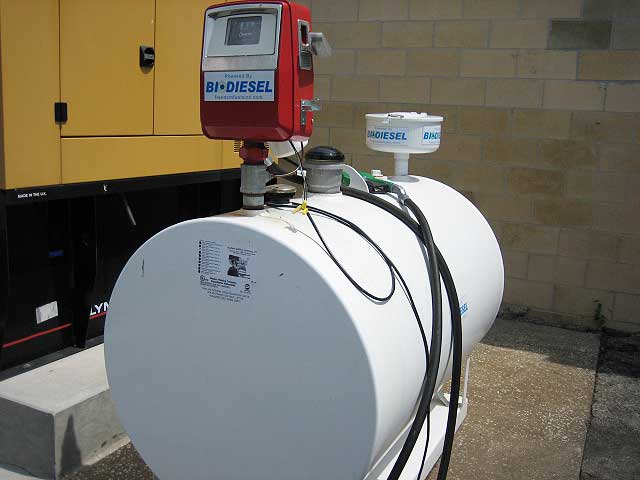 |
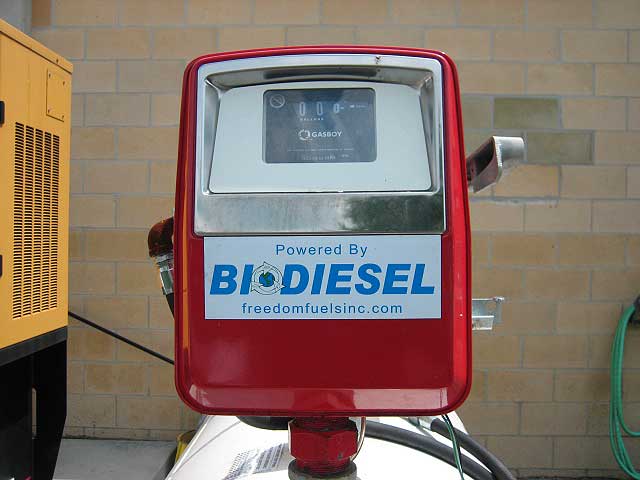 |
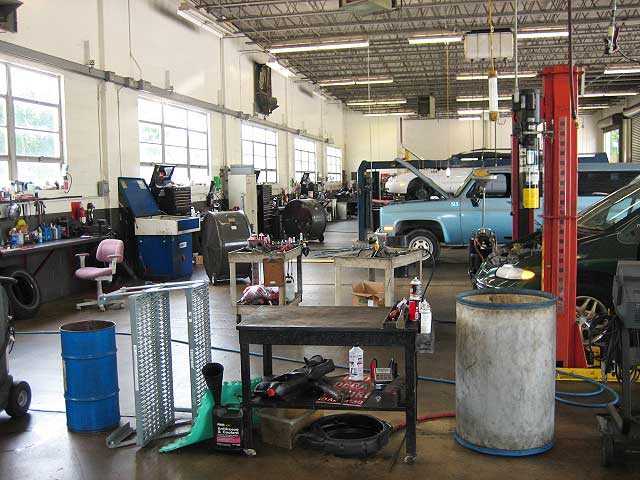 |
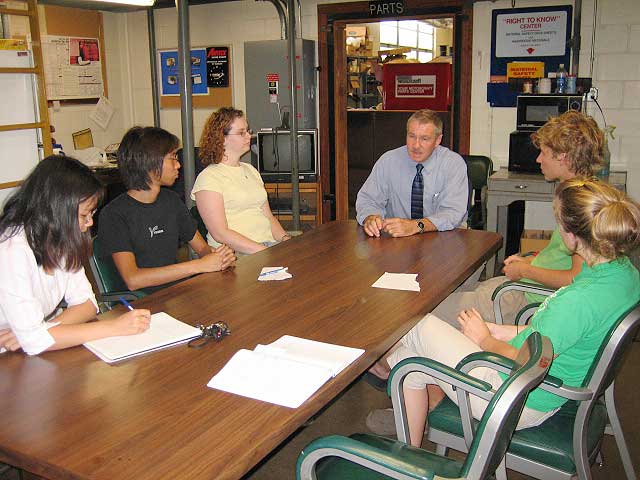 |
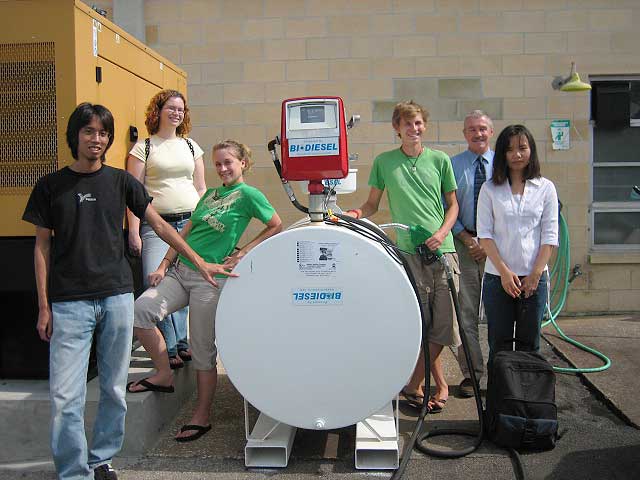 |